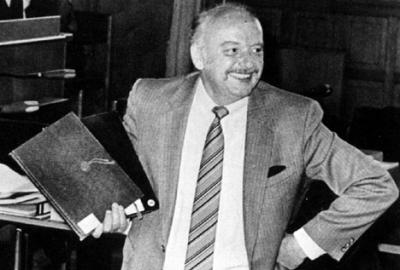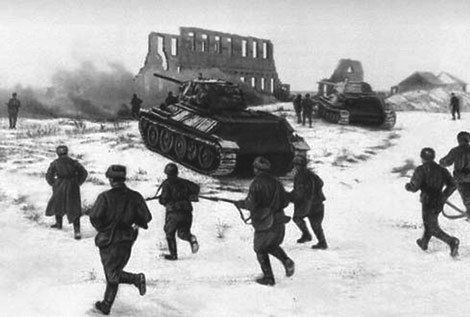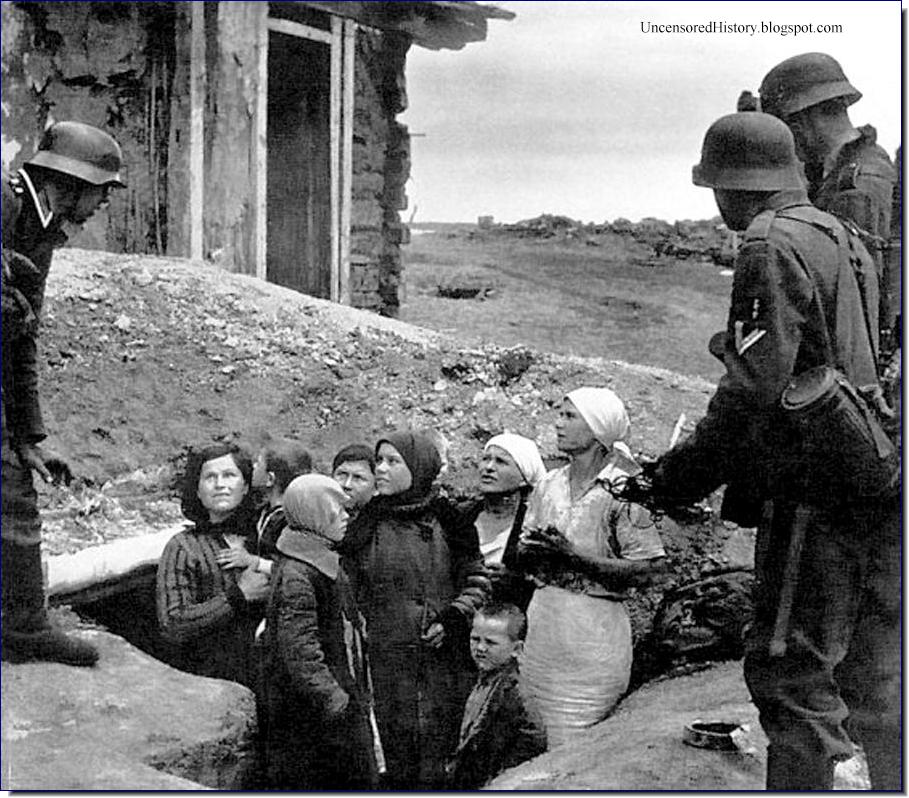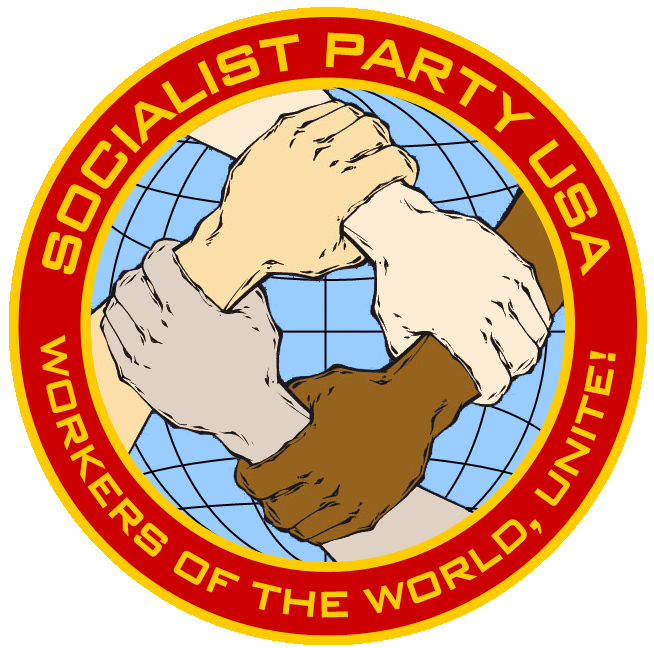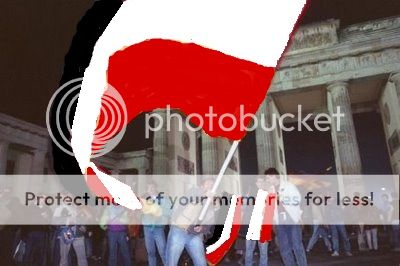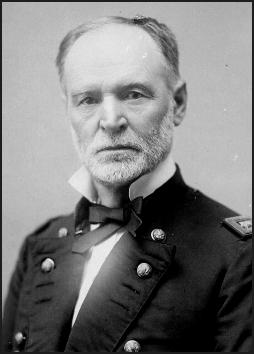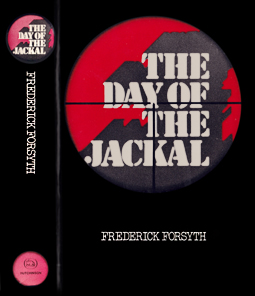A view of the Park Avenue, New York City headquarters of the North American branch of Mitsui & Co. Ltd, the major subsidiary of one of the "big four" of Japan's
zaibatsu corporate conglomerates, involved in businesses ranging from banking, manufacturing, consumer goods, and more. Mitsui opened up their first American office in New York City in 1965, and as the sign indicates, all signs in the building are bilingual in English and Japanese.
A plant in southern Alabama in 2005, first opened in 1968, owned and operated by JX Nippon Oil and Energy USA, Japan's largest oil company and a subsidiary within the Mitsubishi
zaibatsu. The plant supports the company's oil extraction and refining operations along the Gulf of Mexico. Nippon Oil's North American headquarters lies in San Francisco, California, with another important office in Houston in the Republic of Texas, from which the company provides access the Japanese economy access to one of its most crucially needed resources: oil.
The Second Great War ravaged the industrial and economic infrastructures of North America and Europe, and both areas took a long time to rebuild and recover. During this time, however, there was one major world power whose industry and infrastructure was completely unscathed by war: Japan. Sensing the opportunity, Japan's four major
zaibatsu conglomerates (Mitsubishi, Mitsui, Sumitomo, and Yasuda) invested heavily throughout North America and Europe. The
zaibatsu had long been involved in the expansion of the Japanese Empire, as Japan itself, a resource-starved nation, needed access to new markets and resource extraction opportunities to maintain its economy. Now, with America and Europe in ruins, they saw the opportunity to permanently cement their economic dominance.
The investment by Japanese corporations throughout the world has been a mixed phenomenon. On one hand, they provide thousands of people with jobs and steady income, and played a role in the economic recovery of America and Europe. On the other hand, they were able to secure access to foreign markets under highly advantageous and, critics would say, opportunistic terms, a situation which did nothing to dispel the negative stereotype which Americans and Europeans had of Japan and its people as conniving, untrustworthy, and two-faced (a criticism to which some Japanese responded by pointing out the double standard that the western powers had in regards to the unequal treaties imposed on Japan in the 19th Century). And over the years, the
zaibatsu have used their economic hegemony to influence national economies in ways which have been called monopolistic and anti-competitive, leading to no small amount of legal battles with the governments of the United States, Germany, Britain, France, etc.

